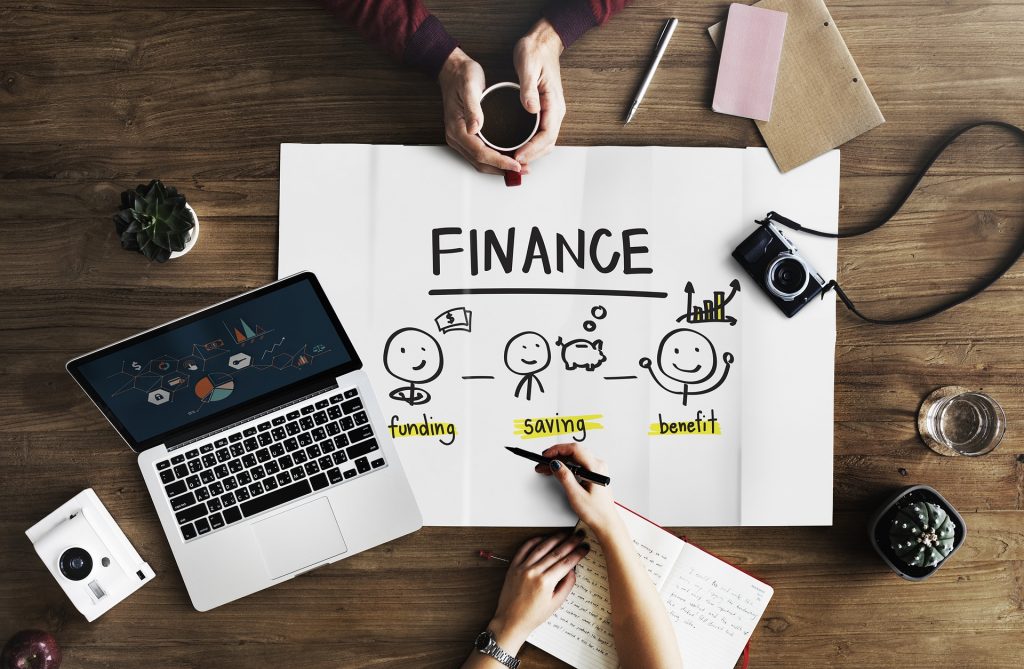This website uses cookies so that we can provide you with the best user experience possible. Cookie information is stored in your browser and performs functions such as recognising you when you return to our website and helping our team to understand which sections of the website you find most interesting and useful.

5 Easy Ways to Reduce Your Carbon Footprint
7th July 2021
Toilet Cleaning Hacks That Work
20th July 2021How to prevent a bad credit score

*This is a collaborative post.
Keeping on top of your person finances can be tricky. However, one of the best places to start is to look after your credit score. There are many reasons why having a good credit score can benefit your finances. If you already have a good credit score, you may be wondering how you can keep it and how you can prevent falling into bad credit habits.

- Check your credit score
The first thing you should do is check your credit file to see what your credit score is. A recent study by Refused Car Finance found that 20% of their customers didn’t even know what their credit score was and had never checked it in their life! You should make sure all your information is accurate and up to date and fix any mistakes on your credit file. Having information that isn’t correct such as your current address can negatively impact your credit score and the ability to be traced by potential finance lenders. Your credit report will also show any previous applications that you have made for finance or credit. You should have a look through each and check that you recognise them. If not, you may have been victim of a fraudulent application in your name. If there is something on your credit report which doesn’t look right or you need to update, you can contact the credit referencing agency who provided your credit report.
- Limit your credit utilisation
Your credit utilisation is how much of your available credit you use. Maxing out credit cards and store cards can be bad for your credit score as it doesn’t show good financial responsibility. To make sure you don’t lower your credit score, you should try to keep your credit usage under 50% and if you really want to maximise your credit score, you should only use around 30% of your available credit.

- Make all your payments on time and in full
Many consumers still believe that having credit is bad, but this is not true! Its only bad if you miss your payments. Having a credit card or some other form of finance that you regularly pay off on time and in full can actually help to increase your credit score. When performing a credit check, lenders want to see that you have a solid history of paying back credit as you will be more likely to meet their repayment schedule. If you want to build up a good credit score but don’t want to get into debt, you could consider something small such as a mobile phone contract.
- Don’t apply for too much credit in a short space of time
Each time you perform a hard search credit check it is recorded on your credit file. Performing multiple hard search credit checks in a short space of time can negatively affect your credit rating. If you are looking to shop around for the best deal on credit cards, loans or car finance you should stick to soft search applications only.

- Read your credit agreements carefully before you sign
Before you get any finance or credit you should always read your credit agreement carefully and know what you’re getting into. For example, when you take out a car loan you may be focusing on the monthly payment. But some finance deals like Personal Contract Purchase include mileage and damage fees and also the option for a final balloon payment. It also may be harder to get accepted for bad credit car finance or you could be offered a higher interest rate than others. It could be worth shopping around for a better deal before you sign the contract.
- Build up a healthy savings pot
Having savings doesn’t affect your credit score but it can help if you quickly get into financial difficulty or lead to bad credit. Having a savings fund for a rainy day can help you cover any unexpected expenses or meet a repayment deadline. If you are struggling to meet repayments and need help, you should always speak to your finance lender or speak to citizens advice for help.


